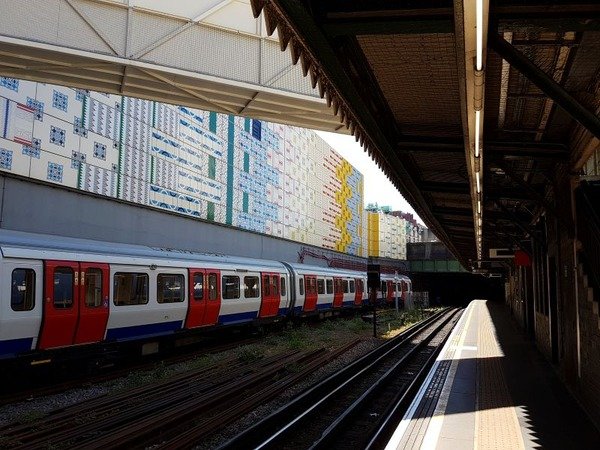Thursday, June 26, 2025

The United Kingdom is taking a major step toward inclusive and equitable public transport by expanding free bus travel access for elderly and disabled citizens. Previously limited by restrictive off-peak time slots, the updated policies—driven by grassroots campaigns and local council action—are removing these barriers to ensure full-day mobility. With growing national momentum and support from the Department for Transport, this bold reform aims to empower vulnerable groups, enhance independence, and create fairer access to essential services across the country.
UK Councils Move to Lift Time Restrictions on Free Bus Passes for Disabled and Elderly Residents
Across the United Kingdom, growing dissatisfaction over restrictive time limitations on free concessionary bus passes has led to significant shifts in policy. Historically, the English National Concessionary Travel Scheme (ENCTS) has allowed eligible individuals—typically those of state pension age or with qualifying disabilities—to travel for free on buses only during off-peak hours, from 9:30am to 11:00pm. This longstanding policy has drawn criticism for failing to meet the real-life needs of its most dependent users.
For many elderly and disabled individuals, the inability to use bus passes during early morning hours has posed major challenges. Essential tasks such as attending early medical appointments, fulfilling work obligations, or caring for family often require travel before 9:30am. With no coverage during these hours, many have had to pay out of pocket or rely on alternative, less convenient forms of transport.
In response to public demand and advocacy efforts, several councils across the country are now rethinking this outdated policy. A notable case is East Sussex, where the county council recently reversed its stance on morning bus travel. Previously aligned with the national time restrictions, East Sussex faced increasing pressure from residents who pointed out that neighbouring regions had already removed such limitations. Following a grassroots campaign and careful review, the council announced a policy update, granting full-day access to qualifying users.
This decision was made possible, in part, by additional financial support from the Department for Transport. The funding has enabled East Sussex to align its bus pass programme with the needs of vulnerable groups, offering them more flexibility and improving access to essential services.
The momentum for reform is not limited to East Sussex. Other local authorities, including those in Bristol, North Somerset, West Sussex, Brighton, and Hove, have also adopted all-day validity for their disabled residents’ bus passes. These changes reflect a growing recognition among local governments that the current system imposes unnecessary hardship on those least able to absorb it.
At the heart of the debate is the question of equity and accessibility. While the original purpose of the ENCTS was to offer off-peak travel benefits to reduce congestion and manage costs, critics argue that this framework no longer reflects the evolving transportation needs of today’s ageing and disabled populations.
National policymakers are now being drawn into the discussion. Labour MP Rachael Maskell recently submitted a written question to the Secretary of State for Transport, Heidi Alexander, pressing for a review of government funding to allow for more flexible usage of the scheme. Maskell’s intervention underscores the growing political attention being paid to this issue, particularly as the nation faces an ageing demographic and rising demand for accessible public transport.
In response to Maskell’s enquiry, Simon Lightwood, the Parliamentary Under-Secretary for Transport, acknowledged that the Government is actively reviewing the current framework. He confirmed that while the ENCTS does offer free off-peak travel, local authorities retain discretion over eligibility and operational hours. However, Lightwood also noted that the Department for Transport is exploring the possibility of more uniform reforms to ensure fairer access across all regions.
Any change to the national scheme would represent a major shift in how concessionary travel is administered in England. If adopted, such reforms could have immediate effects—removing the post-9:30am restriction for all pass holders nationwide and creating a more inclusive system for the elderly and disabled.
For now, individual councils remain the main agents of change. Their ability to adjust policies based on local funding and priorities has created a patchwork of access across the country. While some residents benefit from all-day travel, others are still bound by the rigid limitations of the ENCTS guidelines.
The United Kingdom is removing outdated time restrictions on free bus passes, empowering elderly and disabled citizens with full-day travel access. This sweeping reform ensures greater independence, accessibility, and fairness across the nation’s public transport system.
As public pressure mounts and more local authorities take action, momentum appears to be building for broader reform. The campaign for unrestricted bus pass usage reflects a wider push for improved accessibility, equity, and dignity in public transportation. Whether through increased government funding, expanded local authority autonomy, or nationwide policy shifts, it is clear that the time has come to revisit how the UK supports its most vulnerable passengers.









